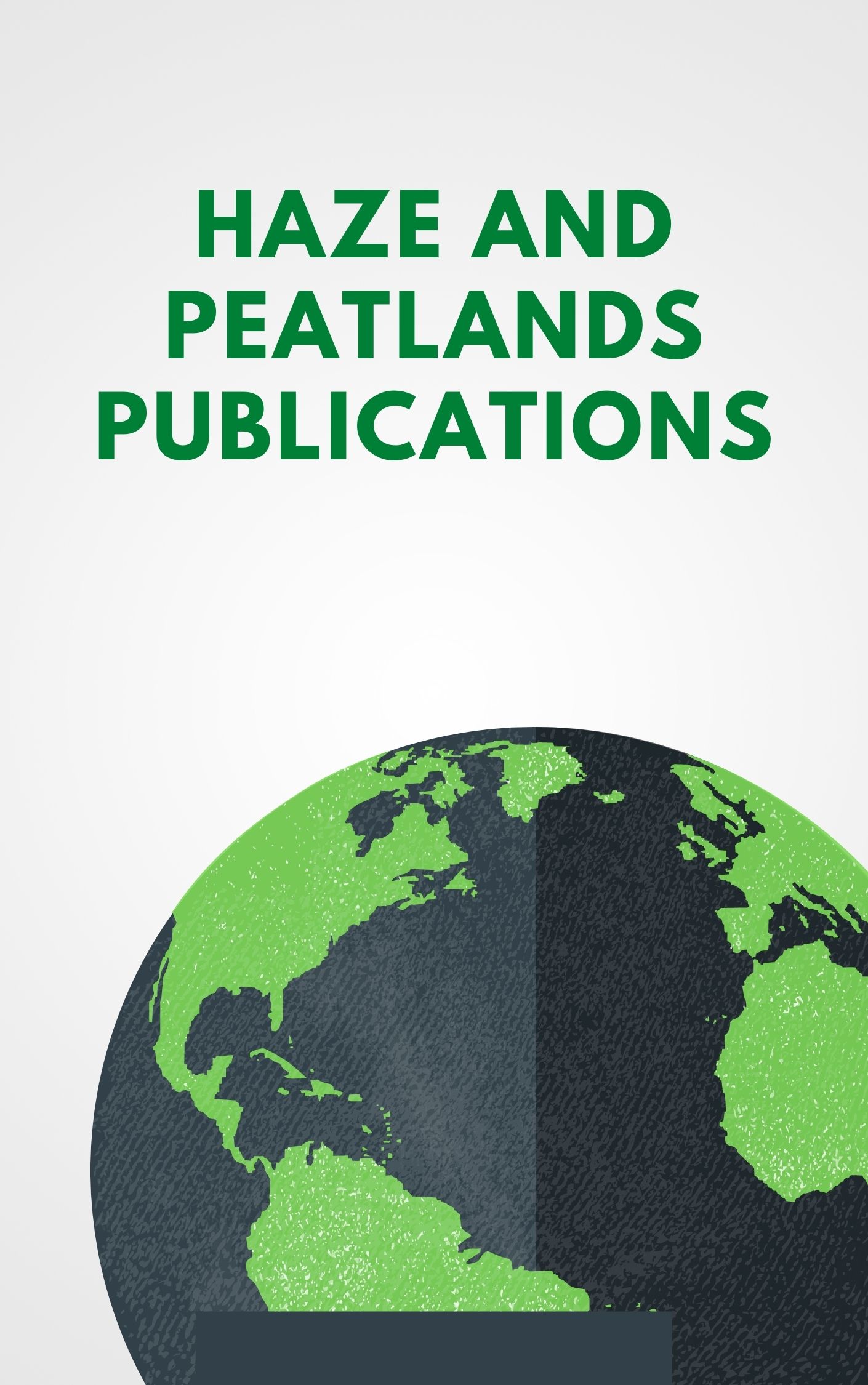Keyword(s)
burning, case studies, climatic change, community involvement, constraints, deforestation, disadvantaged, emission, environmental degradation, environmental management, environmental policy, environmental protection, ethnic groups, fire control, grasslands, greenhouse gases, institutions, international agreements, nature conservation, pollution control, poverty, regional development, savannas, services, tenure systems, Australia, Brazil, Developing Countries, man, Homo, Hominidae, Primates, mammals, vertebrates, Chordata, animals, eukaryotes, APEC countries, Australasia, Oceania, Commonwealth of Nations, Developed Countries, OECD Countries, Latin America, America, South America, Threshold Countries, countries, agricultural tenure, climate change, flaming, governance, land tenure, tenure, Third World, transaction costs, Underdeveloped Countries, Forestry Economics (EE112) (New March 2000), Natural Resource Economics (EE115) (New March 2000), Structure, Ownership and Tenure (EE165), Income and Poverty (EE950), Silviculture and Forest Management (KK110), Grasslands and Rangelands (PP350), Meteorology and Climate (PP500), Pollution and Degradation (PP600), Community Participation and Development (UU450) (New March 2000), Rural Development (UU850) (New March 2000)

